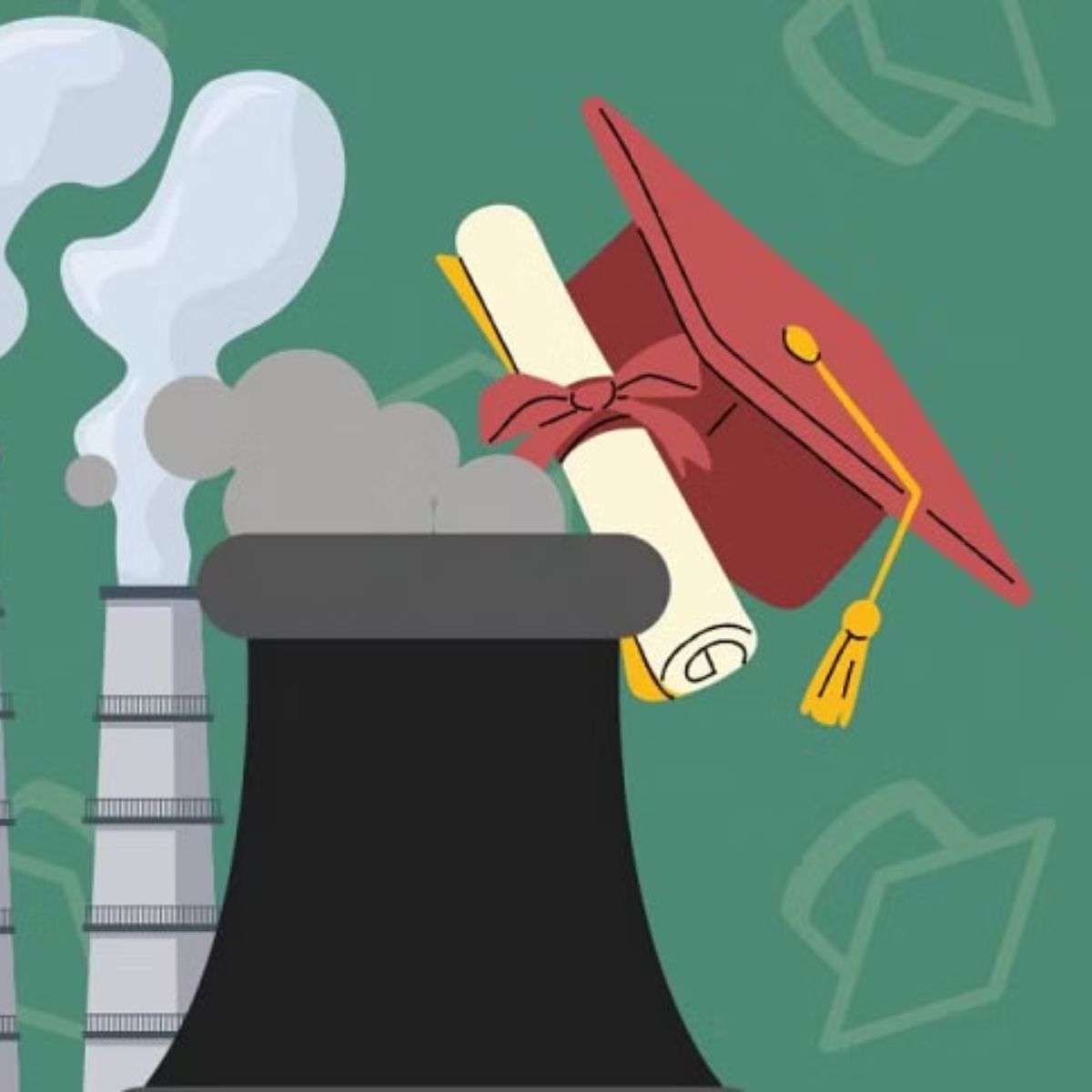Making a university great, with climate action
Source: Daily Star
Date: 4 May 2023
The column discusses the opportunity for Bangladesh’s universities to lead in addressing climate change. The authors propose focusing on research and teaching across all universities, turning climate change challenges into opportunities. They highlight the establishment of a Climate Change and Development master’s program at Independent University, Bangladesh, and the Gobeshona network for knowledge sharing. The next steps involve expanding climate education at the undergraduate level and fostering collaboration among relevant authorities. The authors stress that this effort can be achieved with modest funding and can position Bangladesh as a global leader in climate solutions, benefiting not only the country but also other nations facing climate challenges.
India amends power policy draft to halt new coal-fired capacity
Source: Reuters
Date: 5 May 2023
India intends to halt the construction of new coal-fired power plants, except for those already in progress, by eliminating a critical clause from its National Electricity Policy (NEP) draft, sources report. If approved, this would make China the sole major economy still open to significant new coal capacity additions. Together, India and China represent about 80% of active coal projects globally, as most developing nations decrease coal capacity to meet climate goals. The proposed policy would not affect the 28.2 GW of coal-based power already under construction. India’s change in stance aligns with global efforts to combat climate change and reduce reliance on coal.
Extreme heat will decrease jobs, income productivity, report says
Source: The Kathmandu Post
Date: 8 May 2023
In many countries, climate change is expected to reduce people’s ability to work outdoors, which could have major economic and social implications, according to a World Bank report. The climate change issue would be serious for countries like Nepal whose economy is dependent on workers’ remittances.



